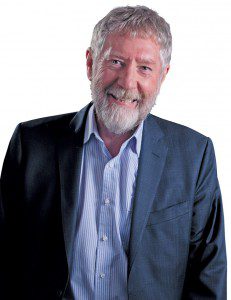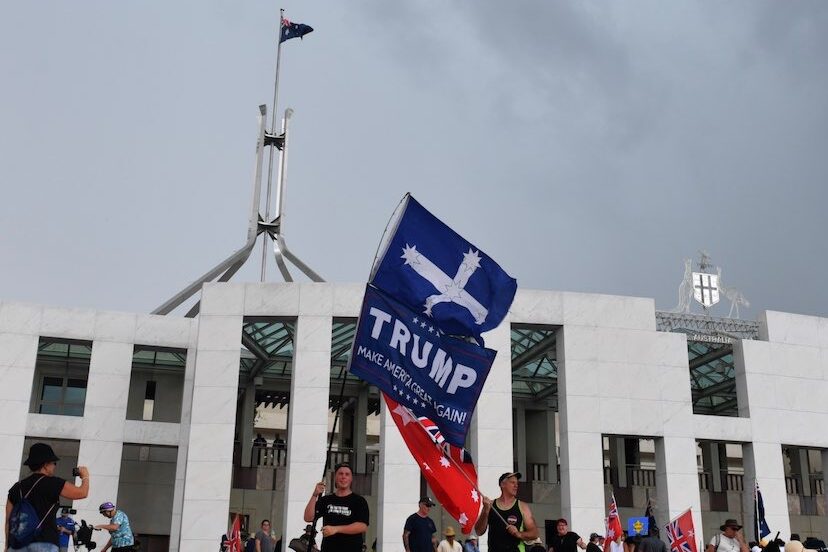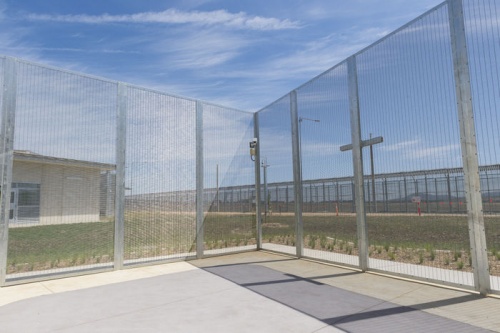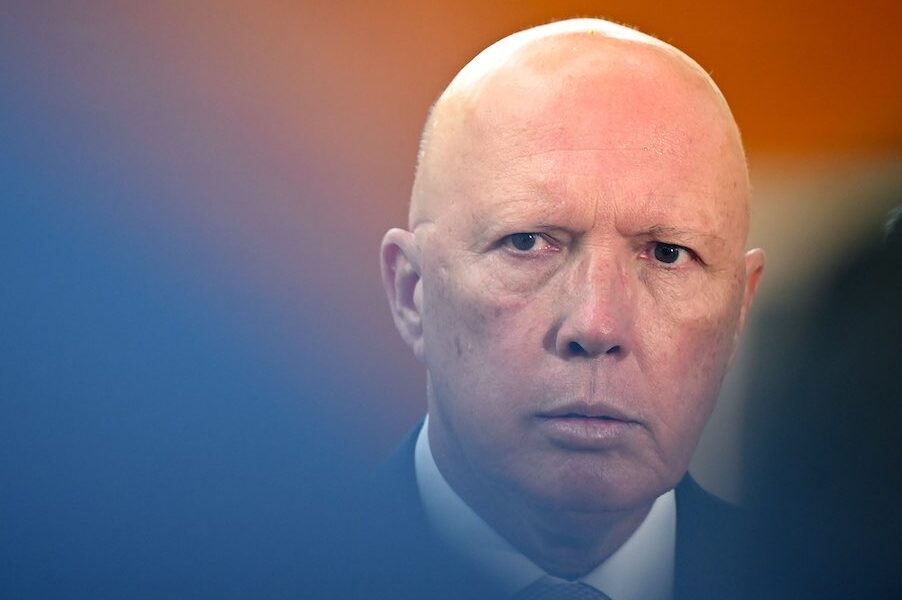THE Federal Budget recently slashed an additional $300 million from our international aid budget.
With each Budget our nation illustrates that it cares less and less for those in much greater need than ourselves. This approach is not only selfish, it is short sighted and divisive.

Australia is not on its own in cutting international aid. Donald Trump has just submitted a budget for approval that undermines the UN and its range of organisations. It proposes cuts in the order of $US4.6 billion from humanitarian assistance and global health spending. It proposes to cut around a third of the funding for diplomacy and overseas aid.
The Trump budget is identified as “A New Foundation of American Greatness”. It specifically slashes funds being channelled through the UN, development banks and non-government organisations.
The irony is not to be missed. Americans may well feel that they are going to be “greater” through this process. Outsiders, particularly coming from developing or emerging economies, will hardly recognise this as “greatness”.
Ana Rita Sousa Sequeira, a research associate at Murdoch University, argues in “The Conversation”, that these cuts provide a major risk to global security. The increasing disparity in wealth across the world, exacerbated by cuts to international support through aid, bodes ill for the future.
The long-term choice is international involvement managed through aid or through armed intervention. The $US350 billion dollar deal over 10 years signed between Saudi Arabia and the US contrasts markedly with the cuts to aid by President Trump. It does not paint a hopeful picture for the coming generations.
In Australia in 2015 our contribution of gross domestic income was just a third of one per cent compared to the top per country donors such as Sweden (1.4 per cent), United Arab Emirates (1.1 per cent), Norway (1 per cent), Luxembourg (0.95 per cent) and Denmark (0.8 per cent). Trump’s claim, as he slashed US aid, was that he wanted the rest of the world to pay their “fair share”. Sounds like “fake news” when the 2015 contribution of the US was 23rd in the world at just 0.16 per cent of gross domestic income.
In the recent past the US, although 23rd in the world, has injected large sums amounting to almost $US30 billion to international aid. Ana Sequeira pointed out the US has provided a strong financial leadership role in tackling issues such as HIV/AIDS, malaria and tuberculosis. To put the funds into perspective, meeting the challenge of the ebola outbreak in western Africa from 2014-2016 took an international contribution of around $US3.6 billion. This included around $US40 million from Australia and a massive $US2.3 billion from the US.
It is to be hoped that the international community has learned its lesson and will intervene more rapidly and more effectively in the very recent ebola outbreak in the Democratic Republic of Congo at a time when the World Health Organization (WHO) has been financially weakened.
A vaccine now exists. However, identifying cases and managing epidemiological tracking and interventions require basic health skills and appropriate capacity. There are currently more than 30 infectious disease outbreaks being dealt with by the WHO including such issues as measles and yellow fever.
Greatness is not ignoring our neighbours who are in strife. It is about being able to put ourselves in their shoes and to help in an appropriate way. Foreign Minister, Julie Bishop, has changed the way that Australian aid is delivered. While I disagree with some of the changes in approach, modifying the way we handle international aid is appropriate. Slashing that aid is not.
As countries such as the US and Australia withdraw their funding from the UN and organisations such as the WHO, the shortfall is being made up to some extent by private foundations. This is not without its problems. The Bill and Melinda Gates Foundation is the largest private donor to the WHO. It deserves congratulations. However, it also has considerable investment in unhealthy products such as alcohol and Coca-Cola. This does create a clear conflict of interest for the WHO.
Slashing our international contribution lacks vision. Unless developed countries increase support for developing countries in a globalised world where wealth disparity is growing, we can expect increasing levels of conflict.
Who can be trusted?
In a world of spin and confusion, there’s never been a more important time to support independent journalism in Canberra.
If you trust our work online and want to enforce the power of independent voices, I invite you to make a small contribution.
Every dollar of support is invested back into our journalism to help keep citynews.com.au strong and free.
Thank you,
Ian Meikle, editor





Leave a Reply